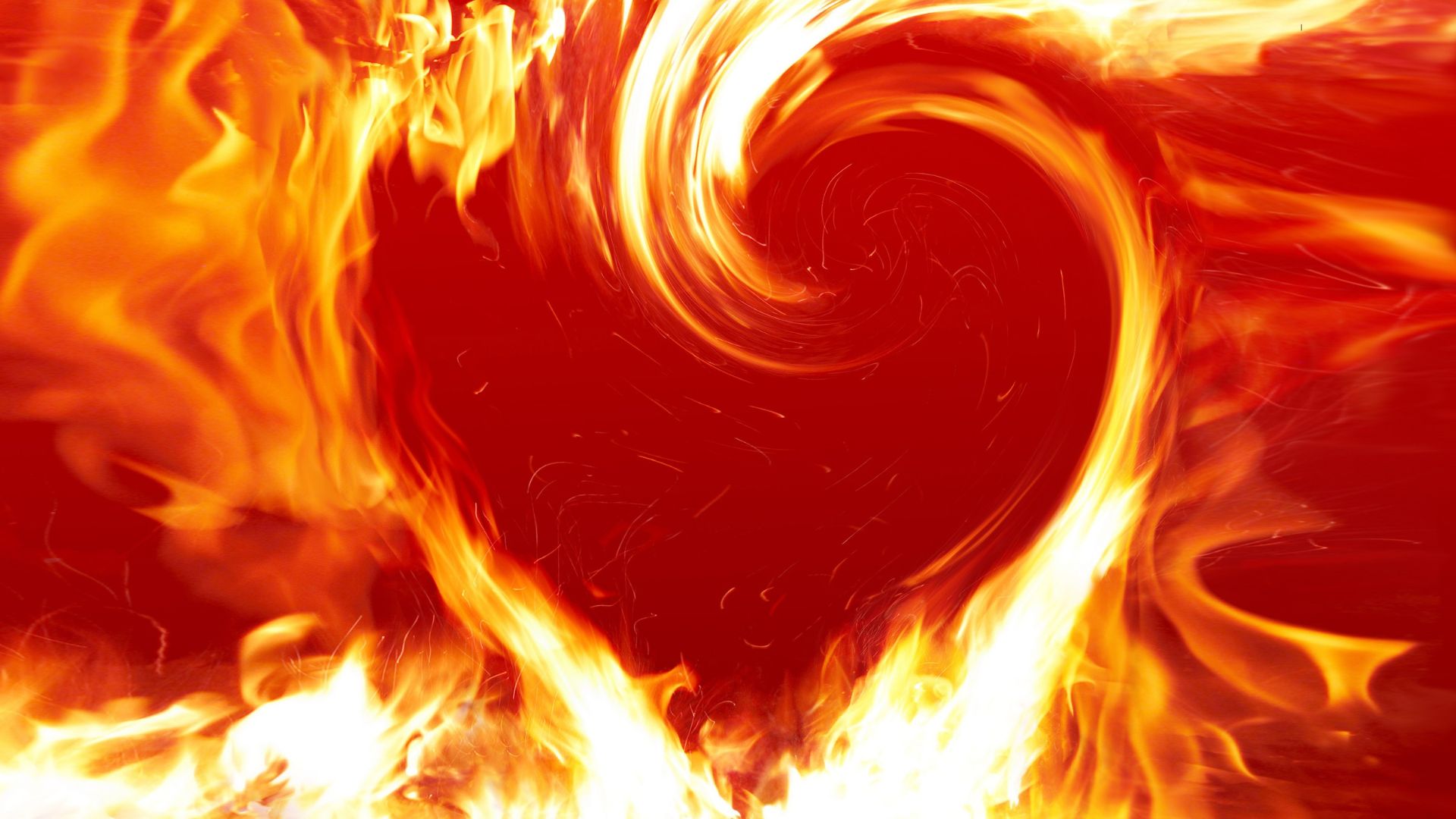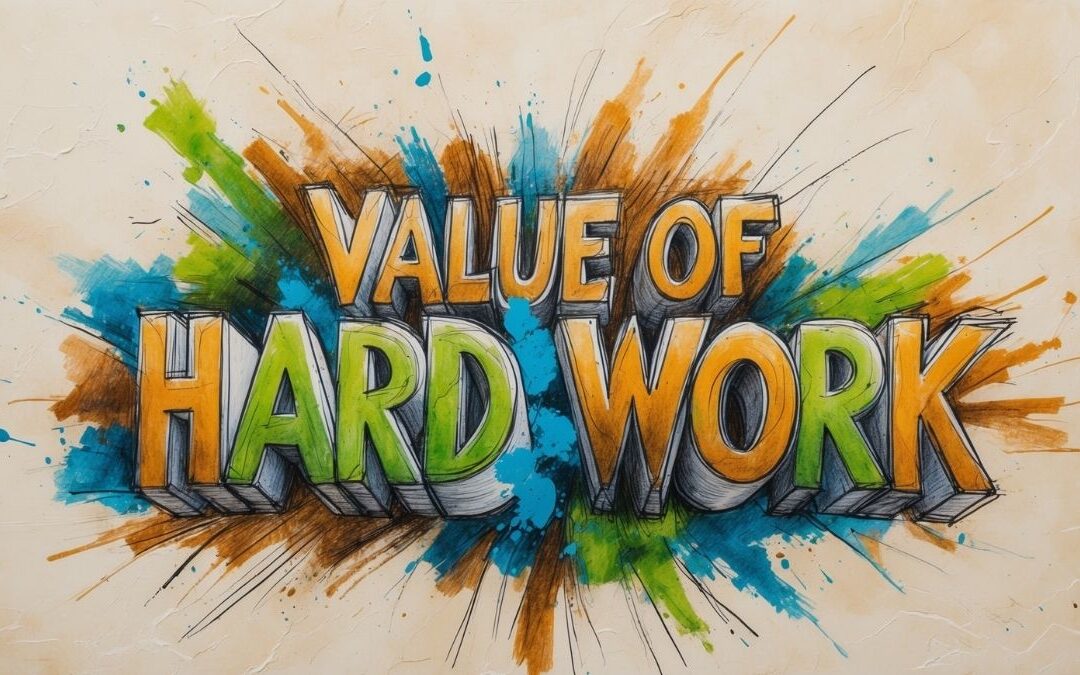Introduction
Is fire alive? Do you think it’s an easy question; well think again, as we will talk about that in today’s Word Power episode Five and Alive.
Audio Podcast
Five and Alive
If asked if an animal were alive or dead, you would probably think it a rather easy question. A dead animal lies motionless and unresponsive to sound, sights, or touch. But some things are not so obvious. A flame, for example, appears to be alive in some ways. But is it alive?
When something is alive, it exhibits five characteristics: growth, development, reproduction, organization, and homeostasis. Compare a photograph of yourself as a baby with one as you are now. To grow as you did, you consumed food and your weight and height increased. If fire is continuously “fed” incendiary materials, it will persist and grow.
Development, the second characteristic of life, probably became apparent when you entered early adolescence. At this stage, your body changed rapidly, but unevenly. Your hands and feet probably seemed too large for the rest of your body. These uneven changes probably caused you to experience some qualms about your appearance. If the conditions are right, fire also develops. From its formative stage as a tiny spark, it grows to a flicker, then a small blaze, and finally a roaring inferno.
Living things reproduce. The fact that there are so many living things in our world is evidence of this third characteristic of life. One only has to witness a forest fire to see evidence of fire reproducing. One minute there is a single conifer burning, then suddenly sparks will fly hundreds of yards and start new flames in other evergreens, which can rapidly destroy an entire forest.
Your body is organized anatomically into tissues, organs, and systems that carry on life processes. Our respiratory system takes in air and sends oxygen to every part of our body. Our digestive system converts food to energy. Fire exhibits organization in a simpler fashion. Examine a flame carefully and you will see that it is layered. A welder will tell you that various parts of a flame perform different functions, just as your body systems do.
Homeostasis, the fifth characteristic of life, means “self-regulation.” Your body operates within a narrow range of chemical and physical parameters. Any time you start to drift outside this range, the body’s built-in mechanisms implement your return to a normal condition. For example, when you cut yourself, your body takes a complex set of steps to heal the wound. Fire does not have a similar set of mechanisms for times of tribulation. It reacts strictly to outside influences and does not possess inner controls.
Since fire exhibits only four of the five characteristics of life, any assertion that fire is alive is flawed. To be alive, a substance must have all five characteristics.











0 Comments